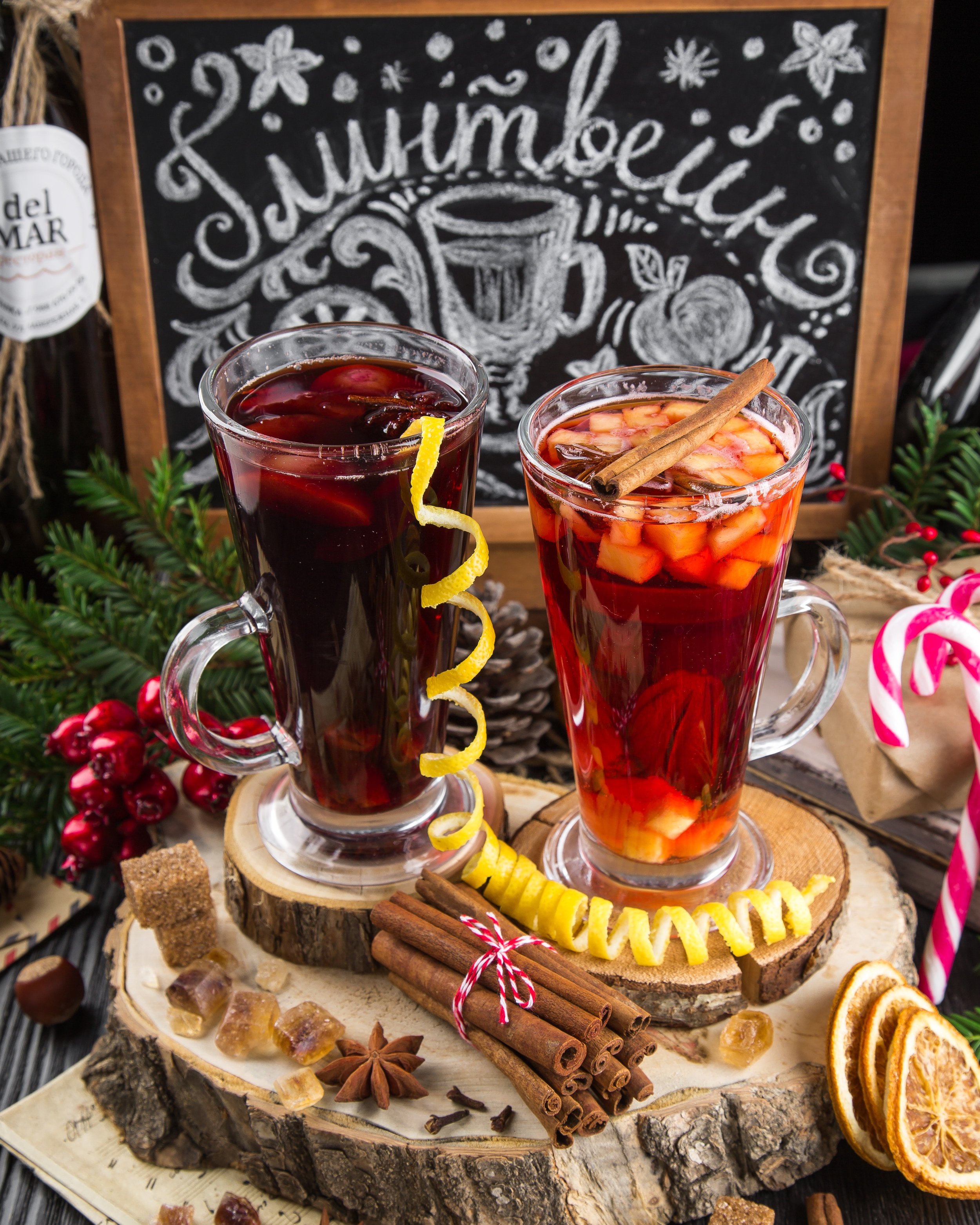We’re thrilled to bring you an all-new Drinker’s Helper.
By way of background, Drinker’s Helper is an iOS app that provides motivational exercises, drink tracking and insights, and an anonymous support group to help people cut back or quit drinking. It’s used by people in a wide range of situations, from those sticking to moderate drinking limits for their health and fitness, to those using the app as a complement to in-person therapy in between sessions.
The app has always included a basic drink tracker for free, and provided more complex stats to members. But we’ve spent the last few months designing, building and testing an entirely new, much-improved experience for people using Drinker’s Helper. The new version is heavily based on the principles of cognitive behavioral therapy and motivational enhancement therapy. It is intended to help people convince themselves to change over time.
The new Drinker’s Helper includes:
A new way to reflect on why you drink and how you can change: Now, when you track drinks, urges to drink, or sober days in Drinker’s Helper, you also track the triggers that make you want to drink and the strategies that help you stick with your goals. As you use the app regularly, you’ll quickly get a clear sense of what drives you to to drink and what helps you to keep urges at bay. This process is so important because everyone’s triggers are unique, and you need a plan to deal with them that works for your situation. Maybe you’re in the restaurant industry and have to be around drinking all the time, so you need strategies to stay motivated in tempting circumstances. Maybe you do most of your drinking at home alone, so you need new ways to entertain yourself that make drinking unappealing. The goal is to find what works for you.
A new way to convince yourself to change: In addition to tracking your strategies and triggers, the new tracker encourages you to reflect on what you enjoy about sobriety or moderation, and what you dislike about excessive drinking. We know how helpful it was for us when we quit drinking to reflect regularly on how good we felt without drinking. Now, anytime you’re tempted to lose control, you can look back on your own words about the benefits of changing for motivation to stick with it.
A long-term view of your drinking and urges to drink: Now, you can see how much you’ve had to drink, and how many urges to drink you’ve had, over the past weeks and months. You’ll also see key stats like the percent of days you’ve spent sober or below your limits. All of this is designed to help you see signs of progress, even when they’re sometimes hard to see. Maybe your urges are getting weaker or less frequent. Maybe you’re having more sober days. We want you to see the encouraging signs of progress you’re making so you know it is possible for you to change.
Inspiration from others to cut back or quit drinking: We put a lot of work into making sure that members are matched with a support group of similar people who will really help them cut back or quit drinking in Drinker’s Helper. But we realized that with a growing community, we have an opportunity to allow every member to benefit from every other member’s success. That’s why we’re introducing Community Insights, a place to discover both new strategies to cut back or quit and new benefits to sobriety or moderation from the anonymous insights of other members. This way, as each member tracks their drinking or sobriety, others have the chance to learn from them.
If you’re thinking about cutting back or quitting drinking, we’d love to help. Give the app a try for free for a week and if you like it, join our growing community of members.
The new Drinker’s Helper Tracking view.








